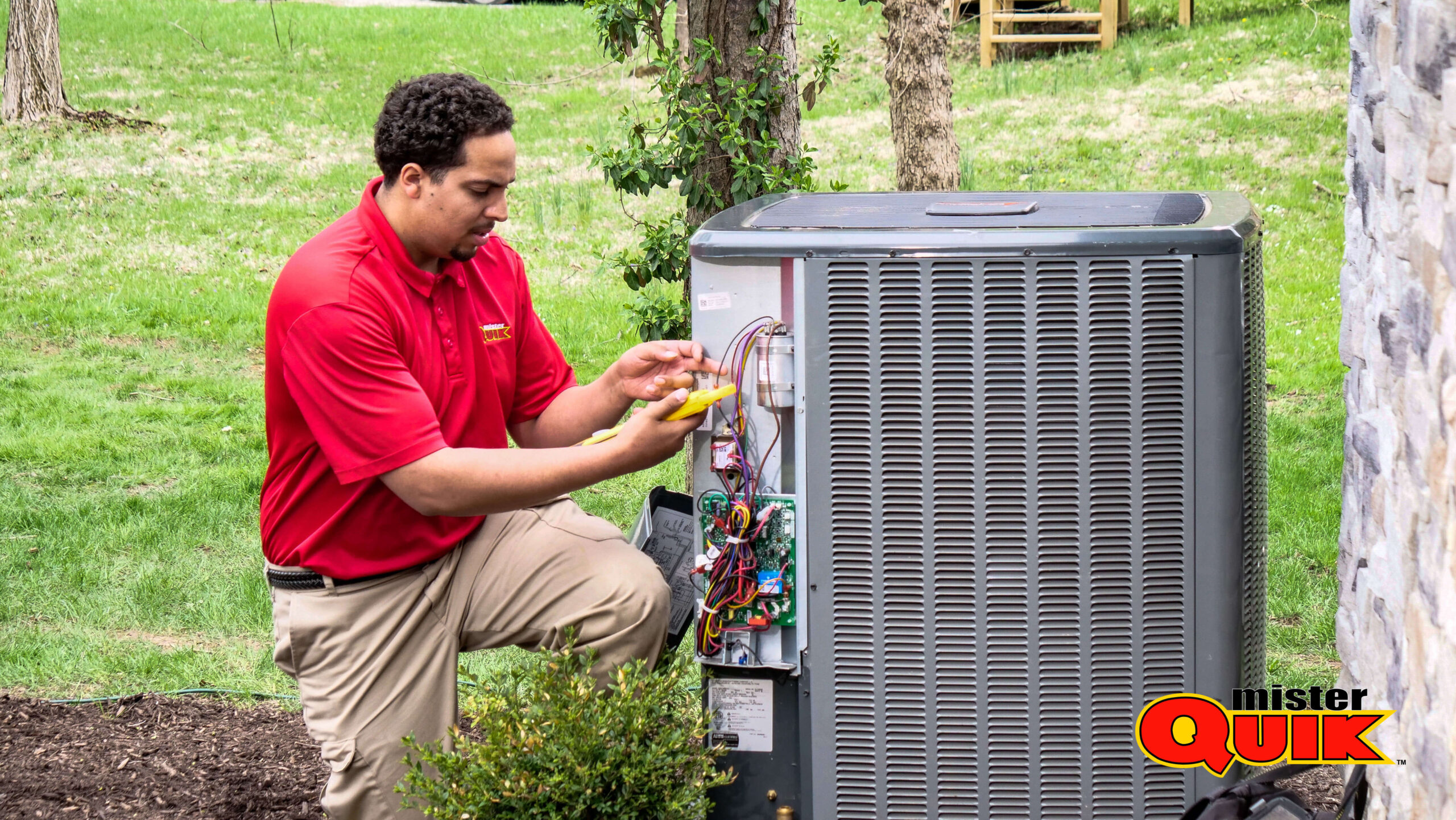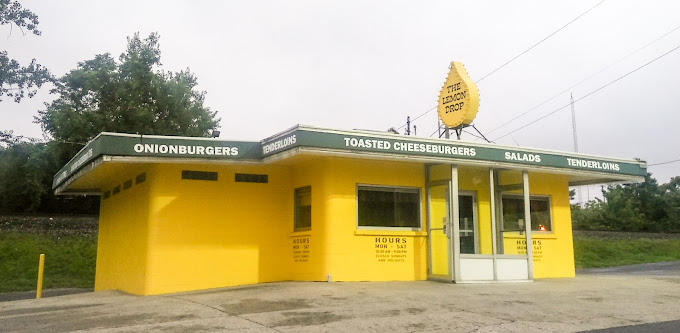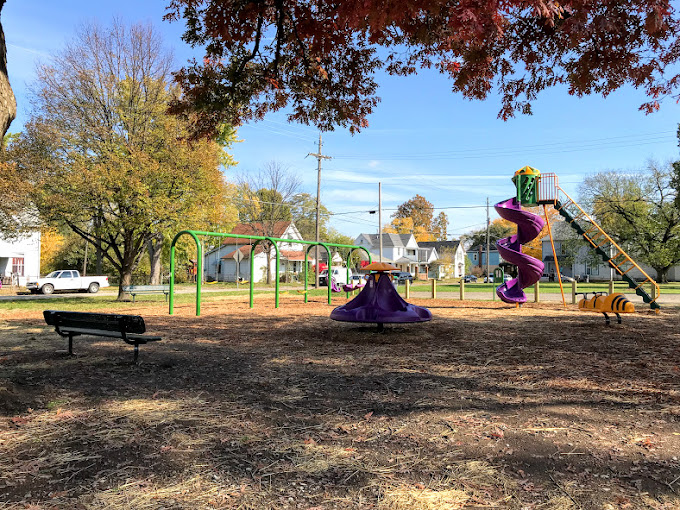Anderson HVAC Emergency
Schedule on your own without making a call. Click the button below to get started!

Things to Know About HVAC
- Regular Maintenance: Regular maintenance can prevent emergencies. Schedule inspections and tune-ups annually.
- Signs of Trouble: Be alert for signs like strange noises, weak airflow, or inconsistent heating/cooling.
- Air Filter Changes: Regularly change air filters to maintain airflow and improve indoor air quality.
- Thermostat Settings: Understand how to optimize thermostat settings for efficiency and comfort.
- Ductwork Inspection: Periodically inspect the ductwork for leaks or damage, as these can impact efficiency.
- Emergency Procedures: Know how to shut off your HVAC system in case of emergencies like gas leaks or electrical issues.
- Professional Assistance: Don’t hesitate to call Anderson HVAC Emergency Services when needed.
- Energy Efficiency: Upgrade to energy-efficient HVAC systems to save on utility bills and reduce environmental impact.
- DIY Maintenance: While some maintenance tasks can be DIY, complex issues require professional intervention.
Remember, being proactive about HVAC maintenance and knowing whom to call in emergencies like Anderson HVAC Emergency can save time, money, and discomfort in the long run.
Heating and Cooling Systems in Anderson
In Anderson, understanding the basics of heating and cooling systems can be vital, especially during an HVAC emergency. Here’s what you need to know:
Furnaces, heat pumps, and boilers are common heating options in Anderson homes.
They transfer heat between the indoors and outdoors, providing both heating and cooling functions.
These use gas, oil, or electricity to heat air, which is then distributed throughout the home via ductwork.
Boilers heat water, which is then circulated through radiators or underfloor piping to provide warmth.
Needing HVAC service is referring to needing a repairs done, while HVAC maintenance is referring to preventative measures that help improve performance and extend the life of your system.
It is recommended to call an HVAC technician for advice about possible HVAC replacement when heat pumps and air conditioners are over 10 years old and furnaces are over 15 years old. Some heating and cooling professionals recommend a 12-year HVAC system lifespan for repair and replacement.
As systems become older, they start to wear down. The more an HVAC system runs, the faster it ages. After a certain point, replacement becomes the more cost-effective option because you’ll save considerably on repairs, maintenance, and energy bills.
The main purposes of a Heating, Ventilation and Air-Conditioning (HVAC) system are to help maintain good indoor air quality (IAQ) through adequate ventilation with filtration and provide thermal comfort.
It’s certainly worth having central air installed in your home for two main reasons. Not only does it make your home more comfortable during the summer months, but it can add to the value of your home. “Central air is very likely to increase home value, particularly for homes located in warmer climates.
What is an HVAC Emergency?
During an Anderson HVAC Emergency, understanding the nature of the situation is crucial. Here’s what qualifies as an HVAC emergency:

If your heating or cooling system suddenly stops working entirely, especially during extreme temperatures, it constitutes an emergency.
The presence of a gas leak poses a serious threat to safety and requires immediate attention to prevent hazards like fire or carbon monoxide poisoning.
Refrigerant leaks not only hinder cooling efficiency but can also pose health risks if left unaddressed.
Issues such as sparking or smoking from your HVAC system indicate electrical problems that need urgent attention to prevent fire hazards.
Frozen or burst pipes in your HVAC system can cause water damage to your property and require immediate repair to prevent further issues.
HVAC Repair and Replacement Near Me
When facing an Anderson HVAC Emergency, choosing the right HVAC repair and replacement service is crucial. Consider these tips:

Look for a service provider known for quick response times, especially during Anderson HVAC Emergencies.

Opt for companies with a proven track record of handling a wide range of HVAC issues efficiently.

Ensure the technicians are licensed and certified to perform HVAC repairs and replacements in Anderson.

Check online reviews and testimonials from previous customers to gauge the quality of service and customer satisfaction.
Heating and Cooling Services Near Anderson
In times of Anderson HVAC Emergency, efficient heating and cooling services are paramount. Here are key services to seek:
1. Emergency Repairs:
Look for companies offering prompt emergency repair services specifically tailored to Anderson HVAC Emergencies, ensuring quick resolution of issues.
2. System Diagnostics:
Providers equipped with advanced diagnostic tools can swiftly identify problems, expediting the repair process during an emergency.
3. Routine Maintenance:
Opt for services that offer regular maintenance plans to prevent emergencies by keeping HVAC systems in optimal condition
4. Replacement Options:
Companies offering efficient replacement solutions can swiftly install new HVAC systems if repairs aren’t feasible during an emergency.
5. Energy-Efficiency Upgrades:
Seek services that offer energy-efficient upgrades for heating and cooling systems, enhancing performance and reducing utility costs in the long term.
Cost of HVAC Services in Anderson
During an Anderson HVAC Emergency, understanding the potential costs of HVAC services is crucial. Here are factors to consider:
The type and severity of the Anderson HVAC Emergency greatly influence service costs.
Depending on the extent of damage, repairing the existing system may be more cost-effective than a full replacement.
Emergency HVAC services often incur higher labor costs, especially for after-hours or weekend repairs.
The cost of necessary parts and materials for repairs or replacements contributes significantly to the overall expense.
Some HVAC companies charge diagnostic fees to assess the issue, which may be waived or applied toward repairs.
By implementing these energy-efficient measures, you can significantly reduce your heating costs and enjoy a more comfortable living environment.
- Check if the HVAC system is completely unresponsive.
- Verify if any circuit breakers related to the HVAC system have tripped.
- Assess if the temperature indoors significantly differs from the thermostat setting.
- Check if there are any unusual temperature fluctuations in different areas of the house.
- Feel for weak airflow from vents or registers.
- Listen for any unusual noises coming from the HVAC system, such as banging or rattling.
- Detect any gas odors, which could indicate a gas leak.
- Look for signs of electrical malfunctions like sparking or smoking.
- Evaluate the indoor air quality for any noticeable decline, such as increased dust or stuffiness.
- Assess if there are any physical symptoms like headaches or respiratory issues among occupants.









